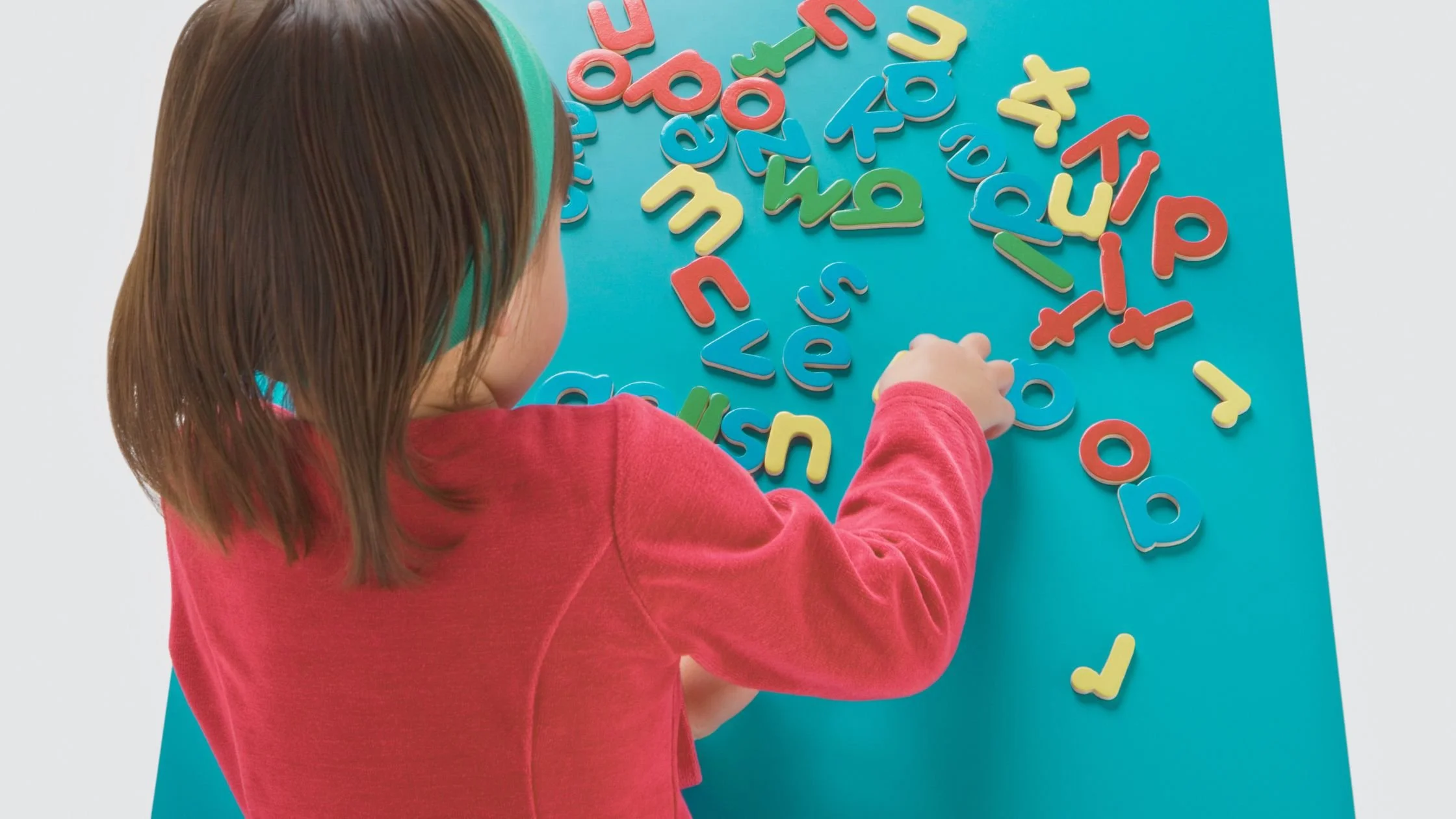Do you want to read more with your kids at home, but by the end of a long day, you find yourself too tired to read aloud before lights out? You’re not alone! Between work, sports, homework, and household chores, evenings are more packed than ever for parents with school-age kids.
The Hidden Signs of Reading Struggles: What Parents Often Miss
Many parents expect reading struggles to be obvious—like their child not being able to read at all or failing reading tests. However, some signs of reading difficulties are subtle and easy to overlook. Children who struggle with reading may develop coping strategies that mask their difficulties, making it challenging for parents and teachers to recognize the problem early. Bright kids can often cover up their reading struggles very well in the early years. Yet, swift identification is key to helping children before frustration and self-doubt take over.
Creative Reading Hacks Every Parent Needs to Know
Every parent wants their child to develop strong reading skills, but fostering a love for books can be challenging—especially as kids grow older and schedules become busier. Research has consistently shown that regular reading significantly impacts vocabulary, comprehension, and overall academic success. According to the National Education Association, children who are read to for just 20 minutes a day are exposed to approximately 1.8 million words per year, providing them with a strong foundation for lifelong learning.
Focus and Fluency: The Link Between ADHD and Reading Challenges
Does your child struggle to stay focused during reading or seem frustrated with their schoolwork? You’re not alone. Many parents notice that their child’s difficulties with attention also seem to affect their ability to read and learn effectively. ADHD (Attention-Deficit/Hyperactivity Disorder) is a common condition that can impact many areas of a child’s life, including their reading skills. At Read Write Learning Center, we understand the challenges that come with ADHD and learning difficulties, and we’re here to help. In this post, we’ll explore the connection between ADHD and reading struggles and provide actionable steps to support your child.
The Dyslexic Journey
Messy Letters, Might Minds: Understanding Handwriting & Dyslexia
Dyslexia is a well-known language-based learning disability that affects approximately 1 in 5 children. Most people associate dyslexia with reading and spelling challenges, but its impact extends to other areas, including handwriting. For students with dyslexia, messy letters can sometimes obscure the brilliance of their mighty minds.
The Benefits of Dyslexia-Specific Therapy
Dyslexia-specific therapy can help kids with learning disabilities break the code of written language and become successful readers! Dyslexia is a learning disability that impacts reading, writing, and spelling at the word level. Students with dyslexia have trouble figuring out the words on the page. This often blocks their ability to comprehend what they read, but dyslexia is not a comprehension disability. If these same kids hear a text read aloud, they can comprehend fine.
Turning Challenges into Strengths: My Dyslexia Success Story with Read Write
I am thriving dyslexic! I also have ADHD, and I'm dysgraphic. Read Write taught me the tools I need to excel academically and, most importantly, instilled confidence in my dyslexic thinking that I use daily. I'm a slow reader. I can't spell, and my written grammar is horrible. But that is only part of who I am.
Helping Your Child Be Their Own Best Advocate
What is an advocate? An advocate is someone who recommends or offers support to a cause they believe in. In the world of special education, we often discuss parents and teachers serving as advocates for the needs of their students with learning challenges. These adult advocates play an important role in helping children reach their full potential, but as students grow and become more independent, they must learn how to advocate for themselves effectively.
Tips for Practicing Spelling
Spelling can be a challenging task for any child, but it can be particularly daunting for children with dyslexia. Dyslexia affects the way the brain processes language, making it harder for dyslexic students to spell words correctly. However, with the right strategies and a little bit of creativity, you can make spelling practice an enjoyable and effective part of your child's routine. In this blog post, we’ll explore several tips for spelling practice that provide dyslexia help to ensure your child not only improves their spelling skills but also gains confidence in their abilities.
















